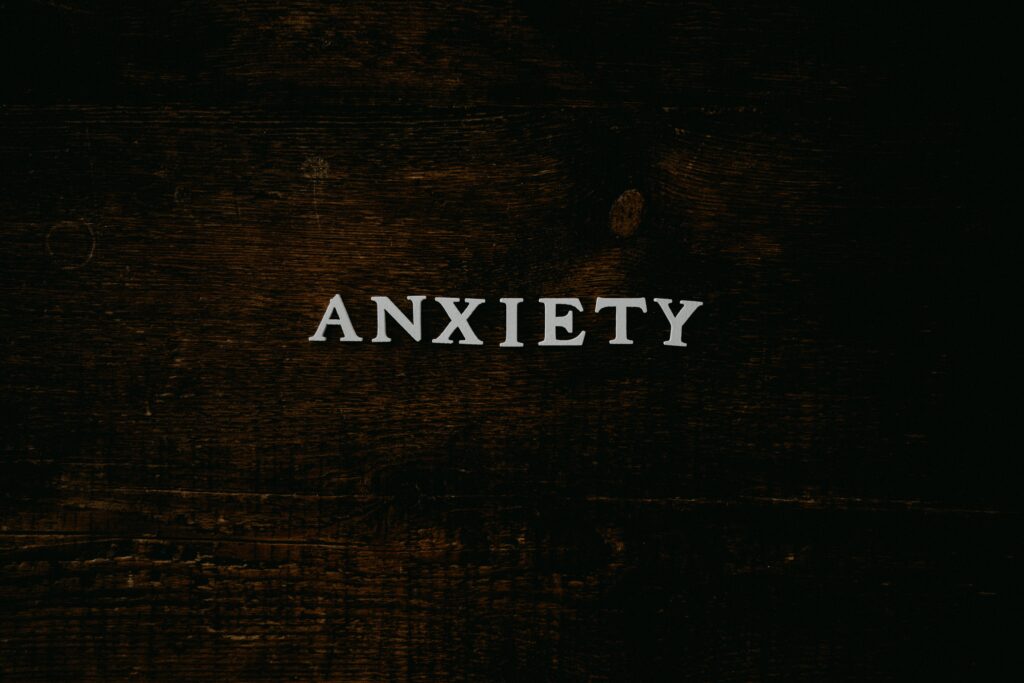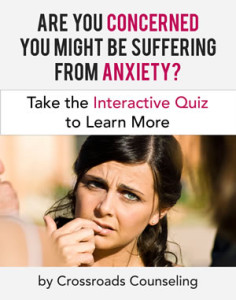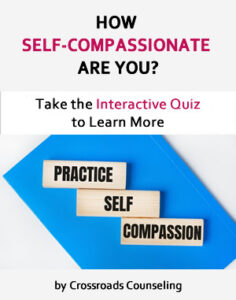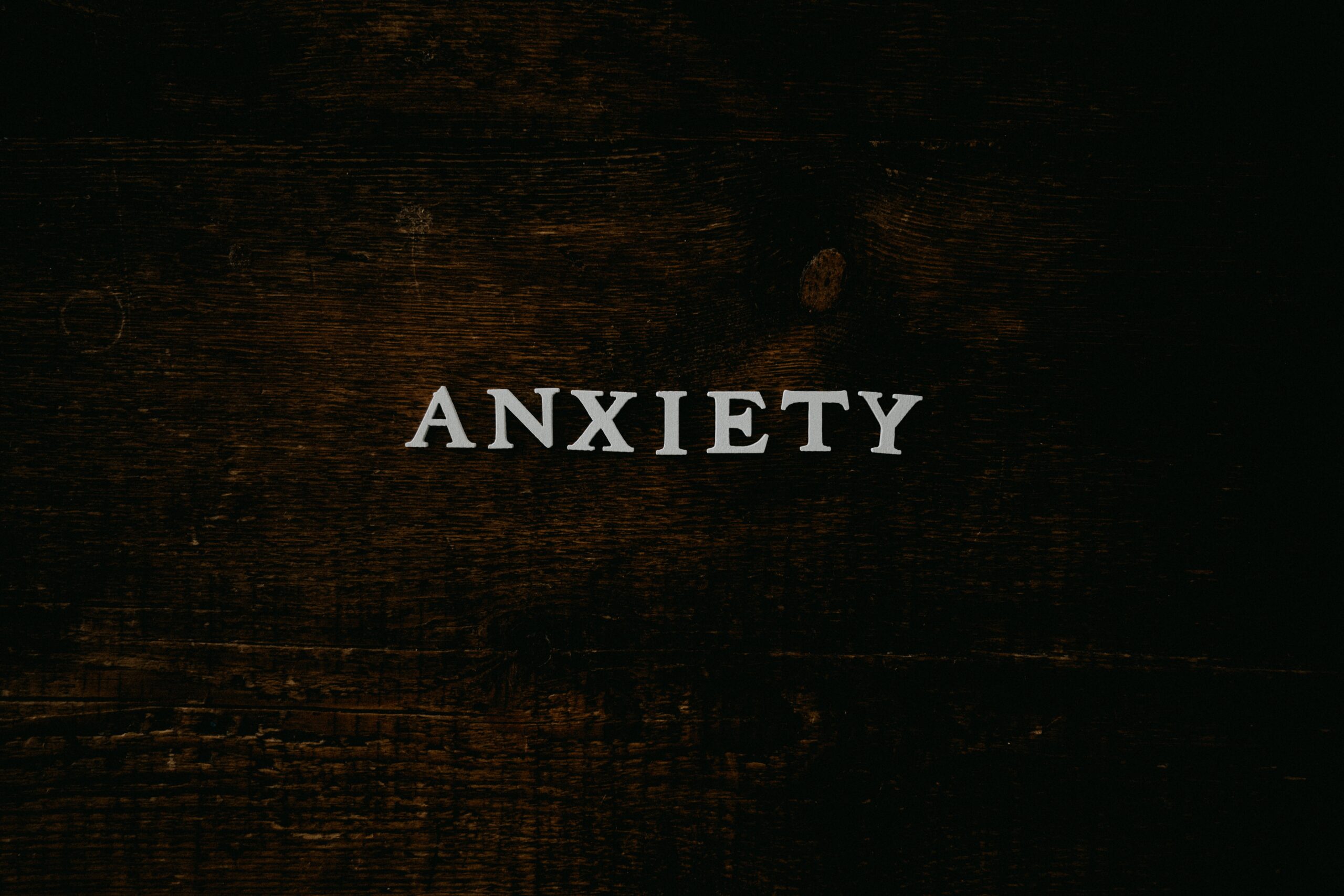Anxiety is one of the most common mental health conditions in the world. Because of that, many people think they know all the common signs and symptoms. Unfortunately, that often leads to misdiagnosing, and perhaps even ignoring serious signs of the condition that need to be addressed.
One thing that should never be ignored is an anxiety attack. Unfortunately, these attacks often get mislabeled as panic attacks. Or, you might experience them and notice that they pass with time, so you don’t get the help you need.
Let’s take a closer look at what an anxiety attack really is, what symptoms you can often expect with one, and what you should do after experiencing it.
What Causes Anxiety Attacks?
There isn’t one underlying cause when it comes to anxiety attacks. If you tend to struggle with anxiety all the time, a triggering event or situation can cause those feelings to become overwhelming.
Alternatively, it can occur if there has been a slow buildup of stressful situations over time. Things like stress in the workplace, a strained relationship, or even the death of a loved one can all trigger anxiety attacks.
What Does It Look Like?
While panic attacks can seemingly come out of nowhere, anxiety attacks are technically a response to a stressful or frightening situation. As you go through it, you might experience symptoms like:
- Nausea
- Restlessness
- Racing heart or chest pain
You might also feel excessively afraid, even if you know there’s no real threat. Sometimes, that fear can become so overwhelming that it feels like you’re losing control.
How Long Does It Last?
When most people think of an “attack”, something quick and extreme comes to mind. That’s usually the case when it comes to panic attacks. They come on quickly, but usually only last a few minutes before subsiding.
Unfortunately, that’s not usually the case with anxiety attacks. While they might not feel as extreme or intense as panic attacks, they tend to last much longer. An intense feeling of anxiety that triggers some of the symptoms listed above can last days, or even weeks.
What’s even worse is that the anxiety you’re feeling can build up for days or weeks, too. So, even if you’re not experiencing an attack, you might feel an increase in fear or worry over a period, giving you a sense of uneasiness and negatively impacting your life.
What Should You Do?
Anyone can be impacted by anxiety attacks. Even if you haven’t officially been diagnosed with anxiety or you’re not typically an anxious person, you can experience it.
So, what should you do?
If you know you’re in the middle of an attack, try some calming techniques that can help to soothe some of your symptoms.
Take slow, deep breaths through your nose and exhale gently through your mouth. Close your eyes and focus on your breathing. Practice mindfulness by allowing yourself to focus on the present, rather than dwelling on the past or the “what ifs” of the future.
Experiencing an occasional anxiety attack isn’t fun, but it probably isn’t anything to worry about. Life is stressful and overwhelming at times, and that can make anyone anxious.
However, if the attacks are becoming more frequent and you regularly experience days or weeks of worry leading up to them, it could be time to reach out for help.
Again, anxiety is extremely common. That doesn’t mean you should just “live with it” or try to manage your symptoms on your own. Therapy can help you get to the root cause of your fears and worries and teach you the skills needed to take control of your symptoms. Don’t hesitate to contact me for more information or to set up an appointment soon.
Work With an Anxiety Therapist in Scottsdale, Phoenix, and Online in Arizona
Our team of therapists understand that the decision to start therapy for anxiety can be intimidating. This is why we are happy to offer a complimentary 20-minute phone consultation. Our locations where we treat anxiety are located throughout the valley with counseling centers located in Phoenix, Anthem, Online in Arizona, and Scottsdale. You can start your therapy journey with Crossroads Counseling by following these simple steps:
- Contact Crossroads Counseling for a complimentary 20-minute phone consult
- Meet with an anxiety therapist
- Start coping with your anxiety symptoms
Feel free to learn more about our practice by visiting our about page, FAQ, and blog, or read more about our staff members to start finding your best therapeutic fit! or, call us at 623-680-3486, text 623-688-5115, or email info@crossroadsfcc.com for more information!
Are you interested in taking a quiz to assess the level of anxiety in your life. If yes, click here.











